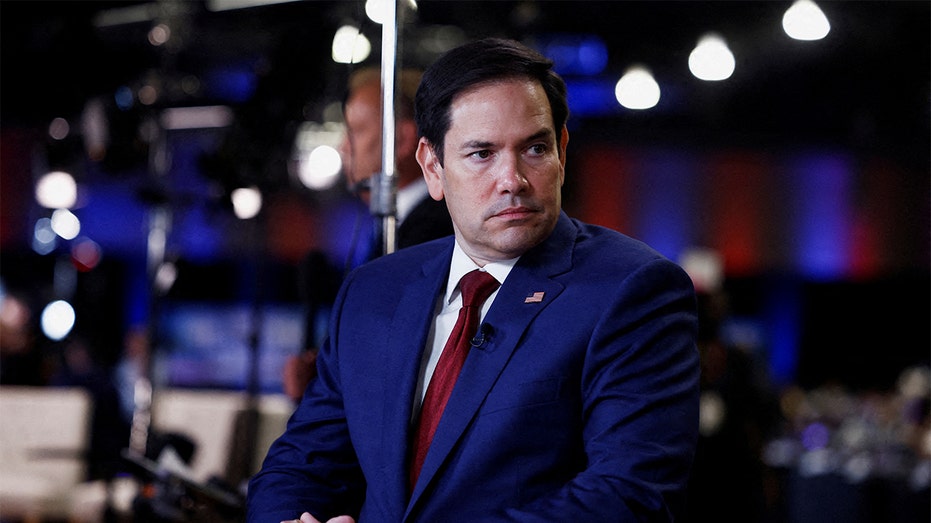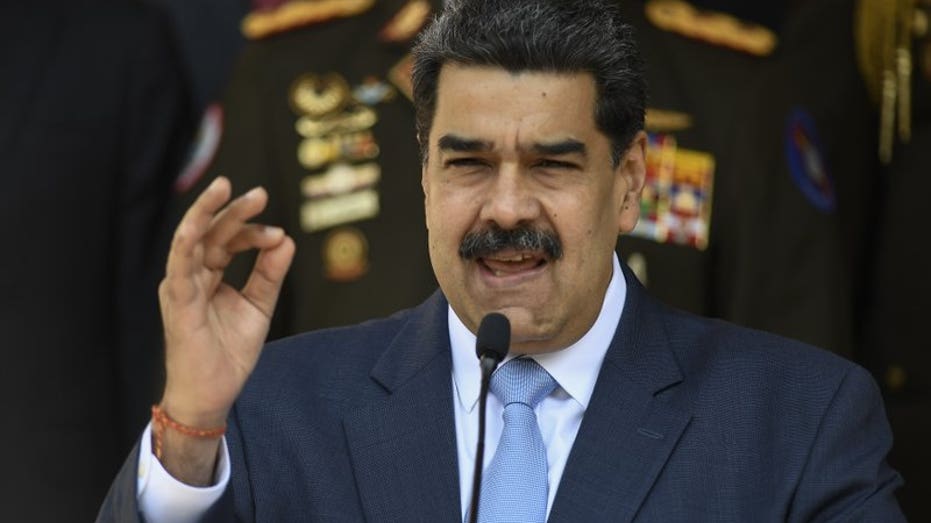The Trump administration will once again allow Chevron to pump oil in Venezuela, reversing a prior ban.
The reversal is believed to be part of a recent prisoner swap deal that saw the return of 10 remaining Americans who had been detained by the Venezuelan government. In exchange, the U.S. arranged for the return home of 252 Venezuelans who had been deported to a counterterrorism prison in El Salvador known as the Centro de Confinamiento del Terrorismo, or CECOT.
Chevron scored a license to do business with the oil-rich state in 2022 under the Biden administration after Venezuelan leader Nicolas Maduro had expressed an openness to conducting fair elections. But free elections never happened — the U.S. recognized Maduro’s opposition as the legitimate winner — yet Maduro clung to power.
In February, the Trump administration rescinded Chevron’s license to do business in Venezuela, giving the company a May deadline to wind down operations. The move was championed by hardline critics of the regime, including Secretary of State Marco Rubio, but lambasted by oil interests and MAGA personalities like Laura Loomer, who said it would hand Venezuela’s oil fields to China.
“We are hereby reversing the concessions that Crooked Joe Biden gave to Nicolás Maduro, of Venezuela,” President Donald Trump wrote on Truth Social at the time.
A Chevron spokesperson said in response to news of the new license: “Chevron conducts its business globally in compliance with laws and regulations applicable to its business, as well as the sanctions frameworks provided for by the U.S. government, including in Venezuela.”
In May, Trump and his Venezuela negotiator Ric Grenell had wanted to extend the May deadline, but the idea caught pushback from other Republicans.
US INTEL AGENCIES SAY VENEZUELAN REGIME DOESN’T DIRECT TREN DE ARAGUA GANG, UNDERCUTTING TRUMP ADMIN: REPORT
Three Florida House Republicans threatened to vote against Trump’s tax and spending package if the deal were to go forward, and Rubio intervened and reassured the license would expire as planned on May 27.
The State Department this time said it will impose guardrails that “will not allow the Maduro regime to profit from the sale of oil,” a senior official told Fox Business.
And now, that trio of House Republicans — Reps. Mario Diaz-Balart, Maria Elvira Salazar and Carlos Gimenez — approves of the deal.
“No matter what the Maduro regime says, they will receive no benefits,” they wrote in a joint statement.
“There is no greater friend of the cause of freedom for the Venezuelan people than President Trump. His record is CRYSTAL CLEAR in standing up against anti-American dictators in the Western Hemisphere that constantly work to undermine U.S. national security.”
The move comes amid a shift in foreign policy thinking: Rubio recently put out a memo suggesting the State Department would rarely publicly comment on foreign elections and would instead focus more on U.S. strategic interests than a nation’s values.

The directive followed a Trump speech in Saudi Arabia in May in which the president said the U.S. would refrain from telling other countries how to manage their domestic affairs, reorienting U.S. policy that prompted interventions across the Middle East for decades.
SAUDI ARABIA BECOMES TOP BUYER OF RUSSIAN FUEL OIL DESPITE LOOMING TRUMP TARIFFS ON MOSCOW
The exact terms of the new Chevron license, first reported by the Wall Street Journal, are unknown, but it is hard to imagine that the Maduro regime would agree to such a deal if it didn’t benefit them directly.
“Maduro needs to gain something,” Francisco Monaldi, director of the Latin America Energy Program at Rice University, told Fox News Digital.
He may consider selling to the U.S. a more cost-effective alternative to selling to China, which pays less and has higher transport costs.
“He might be willing to accept a relatively tough deal with the U.S., because it cannot be much worse than what he gets in China,” said Monaldi.
Or he may expect a license similar to the one under the Biden administration that reportedly quietly allowed his government to collect hundreds of millions in taxes on oil sales to the U.S.

The previous Chevron license under the Biden administration also did not allow the Maduro regime to collect royalties on oil sales. But through a scheme reported by Bloomberg, Chevron was allowed to make certain payments essential to business operations, and documents showed that Chevron had accrued about $300 million in taxes owed to Venezuela.
Southern U.S. refiners, meanwhile, are eager for the flow of “heavy” Venezuelan oil.
“Heavy oil from Venezuela is attractive for the refineries in the Gulf coast of Texas and Louisiana, because they are designed to process heavy oil,” said Monaldi.
The question now, according to Monaldi, is whether the deal will be narrowly limited and heavily regulated or open the door to other companies to invest in Venezuelan oil.
“Will Secretary Rubio enact this policy in a way that is sort of the minimum to make it attractive for Maduro and Chevron to to operate in Venezuela? Or will this be a much more expansive policy of giving not only license to Chevron, but to other companies, like the Europeans who were in Venezuela, or other American companies that are interested?” asked Monaldi. “All of these will require licenses from the U.S. to operate.”
Fox Business reached out to the White House for comment and has not yet recieved a reply.
Fox Business’ Edward Lawrence contributed to this report.
Read the full article here







Leave a Reply